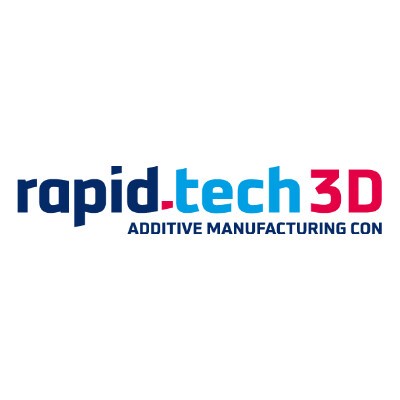Laser-based powder bed fusion of WC-Ni for additive manufacturing of wear resistant tool components
The study demonstrates how WC-Ni composites can be processed using PBF-LB/M and sintering HIP. This process enables dense, wear-resistant components with high strength and complex designs.
Bookmark
Laser-based powder bed fusion (PBF-LB/M) holds potential for creating complex geometries in tungsten carbide-cobalt (WC-Co) composites, valued for their hardness and thermal resilience in cutting tools. Traditional WC-Co fabrication via liquid-phase sintering provides high density and strength but limits design flexibility. In contrast, PBF-LB/M allows intricate designs like optimized cooling channels. However, challenges arise due to localized high-energy laser inputs, risking binder vaporization and formation of undesired phases that cause embrittlement and WC grain growth.
This study investigates WC-Ni 83/17 as an alternative binder to improve PBF-LB/M results, with samples produced and evaluated using both a single-stage PBF-LB/M process and a two-stage approach: low-energy PBF-LB/M, producing a less damaged but porous microstructure, followed by hot isostatic pressing (HIP) post-processing. This method produced dense WC-Ni samples with 30% higher average transverse rupture strength, up to 2300 N/mm², attributed to their finer grain structure compared to WC-Co 83/17 processed by PBF-LB/M. The downstream sinter-HIP caused anisotropic but
reproducible shrinkage due to the PBF-LB/M build direction. Determining the x-, y-, and z-shrinkage allowed tool demonstrators to be successfully compensated for shrinkage, manufactured using the described two-stage process, and tested in machining applications. PBF-LB/M-produced tungsten carbide claws demonstrated significantly less wear than PBF-LB/M tool steel claws after 4500 cutting operations. The results indicate that WC-Ni with controlled PBF-LB/M and sinter-HIP processing offers a promising alternative to high-strength and high-hardness steels for abrasion-exposed components and parts, combining hardness and toughness with design flexibility.
Presentation language: EN
Speakers (1)
Leon Engelhardt
Research Assistant, Transfer Center for Intelligent Production Systems Rheinische Hochschule Köln

